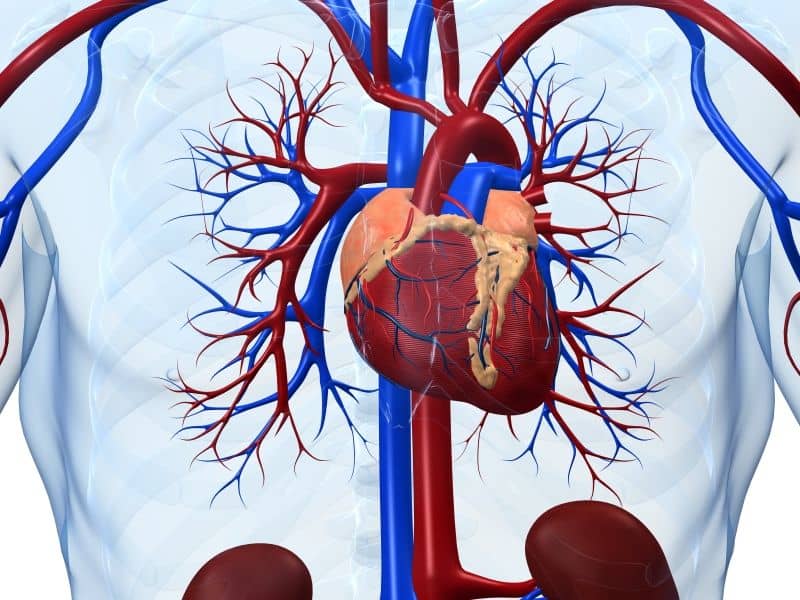Mannose Phosphate Isomerase MPI-CDG (formerly CDG-1b) is a potentially fatal inherited metabolic disease which is readily treatable with oral D-mannose. We retrospectively reviewed long-term outcomes of patients with MPI-CDG, all but one of whom were treated with D-mannose.
Clinical, biological and histological data were reviewed at diagnosis and on D-mannose treatment.
Nine patients were diagnosed with MPI-CDG at a median age of 3 months. The presenting symptoms were diarrhea (n = 9), hepatomegaly (n = 9), hypoglycemia (n = 8), protein loosing enteropathy (n = 7). All patients survived except the untreated one who died at 2 years of age. Oral D-mannose was started in 8 patients at a median age of 7 months (mean 38 months), with a median follow-up on treatment of 14 years 9 months (1.5-20 years). On treatment, 2 patients developed severe portal hypertension, 2 developed venous thrombosis, and 1 displayed altered kidney function. Poor compliance with D-mannose was correlated with recurrence of diarrhea, thrombosis, and abnormal biological parameters including coagulation factors and transferrin profiles. Liver fibrosis persisted despite treatment, but 2 patients showed improved liver architecture during follow-up.
This study highlights (i) the efficacy and safety of D-mannose treatment with a median follow-up on treatment of almost 15 years (ii) the need for life-long treatment (iii) the risk of relapse with poor compliance, (iii) the importance of portal hypertension screening (iv) the need to be aware of venous and renal complications in adulthood.
MPI-CDG is a fatal disease easily treated with oral D-mannose which is safe. Long-term medical follow-up into adulthood is warranted owing to liver involvement. This article is protected by copyright. All rights reserved.
This article is protected by copyright. All rights reserved.
Long term outcome of MPI-CDG patients on D-mannose therapy.


